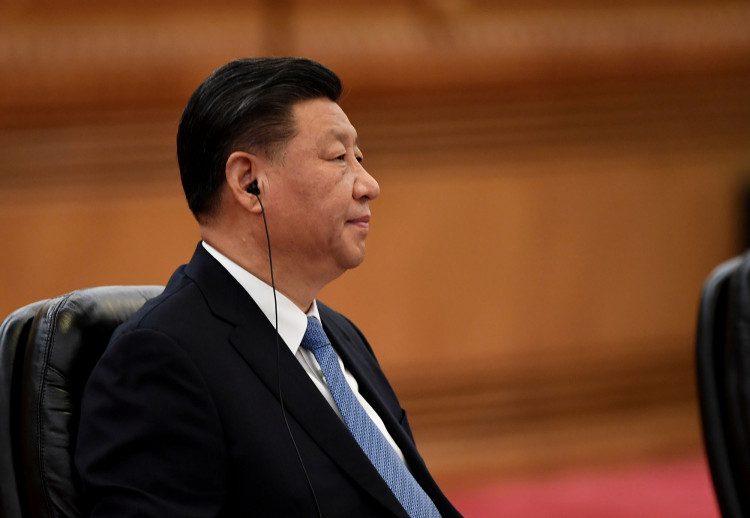China is undergoing a significant transformation in its power structure, with an increased emphasis on data, technology, and financial sectors. This shift is evident in recent regulatory actions and reforms that have been implemented to tighten control over these industries.
In a bid to streamline decision-making and enhance control over data, technology, and finance, China has created a new power structure that integrates various regulatory bodies. The consolidation of authority under the Financial Stability and Development Committee (FSDC) has further strengthened the central government's ability to oversee these sectors.
As a result, the bond market, which is valued at $21 trillion, has experienced significant changes. The market faced temporary disruption as data feeds were halted, causing uncertainty among investors. However, following the resumption of data feeds, the bond market has breathed a sigh of relief.
According to an anonymous source from the bond market, "There was a lot of uncertainty as to what was happening with the data feeds, but once the information started flowing again, it was like a weight had been lifted." This event highlights the importance of transparency and stability in the financial sector, which are key priorities for the Chinese government.
The new power structure is not only aimed at enhancing control over the bond market, but also at regulating the technology sector. Tech giants like Alibaba and Tencent have been under increasing scrutiny, with authorities imposing fines and implementing new regulations to curb their influence.
"China's government is seeking to assert more control over the economy through a range of policies, from its crackdown on Big Tech to tightening the regulatory framework around the bond market," said Andrew Polk, co-founder of research firm Trivium China. This focus on data and technology regulation reflects the government's recognition of these sectors as critical components of the country's future economic growth.
The tightened grip on data, tech, and finance industries is not only aimed at ensuring financial stability and controlling monopolies but also at safeguarding national security. The new power structure allows for better coordination between different regulatory bodies, enabling them to address potential risks in a more efficient and effective manner.
China's evolving power structure demonstrates the government's commitment to maintaining control over key economic sectors, including data, technology, and finance. The recent developments in the bond market and the ongoing regulation of tech giants signal a clear shift in focus towards these industries. As China continues to adapt to a rapidly changing global landscape, the country's power structure is likely to further evolve in response to emerging challenges and opportunities.






